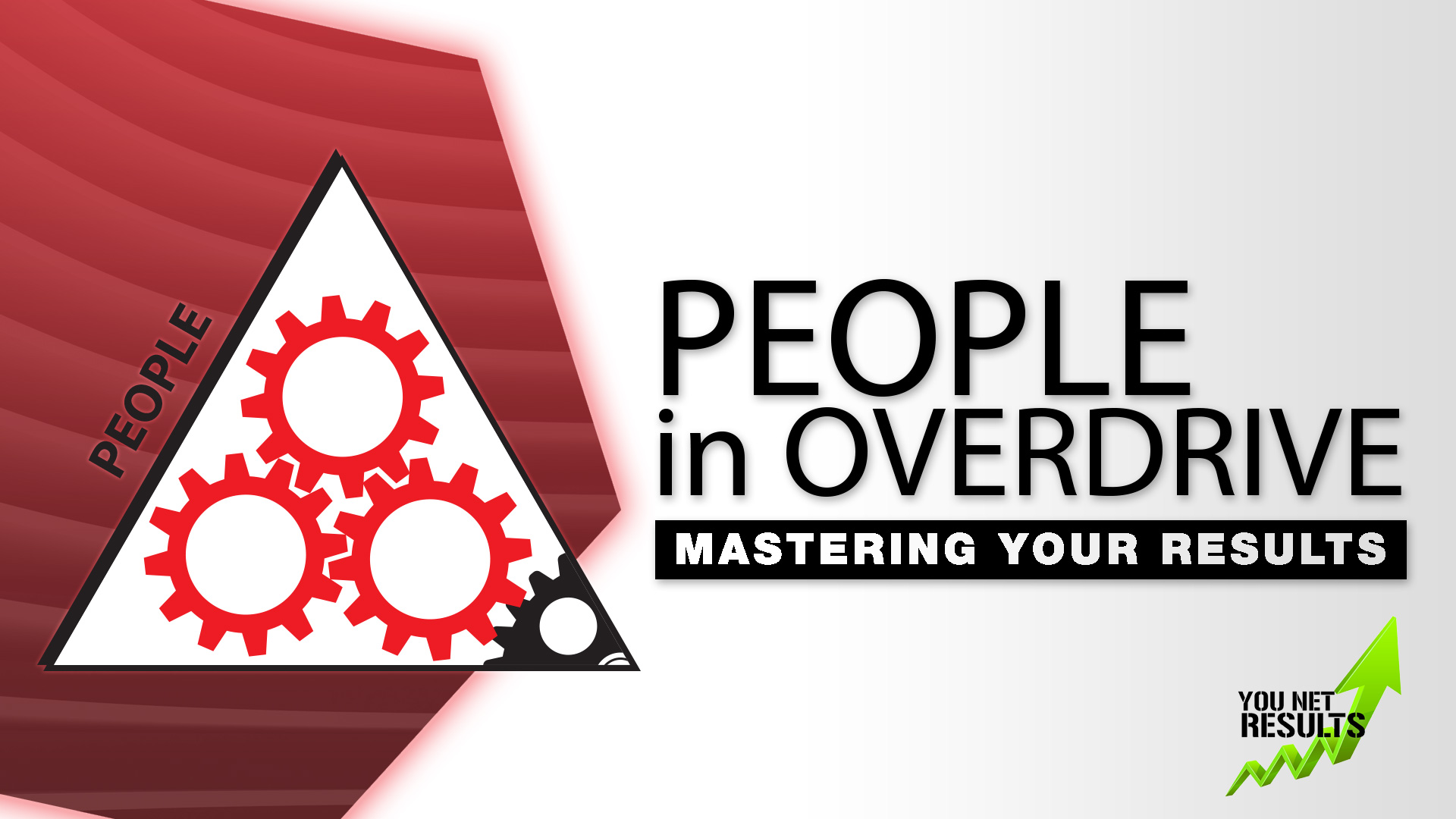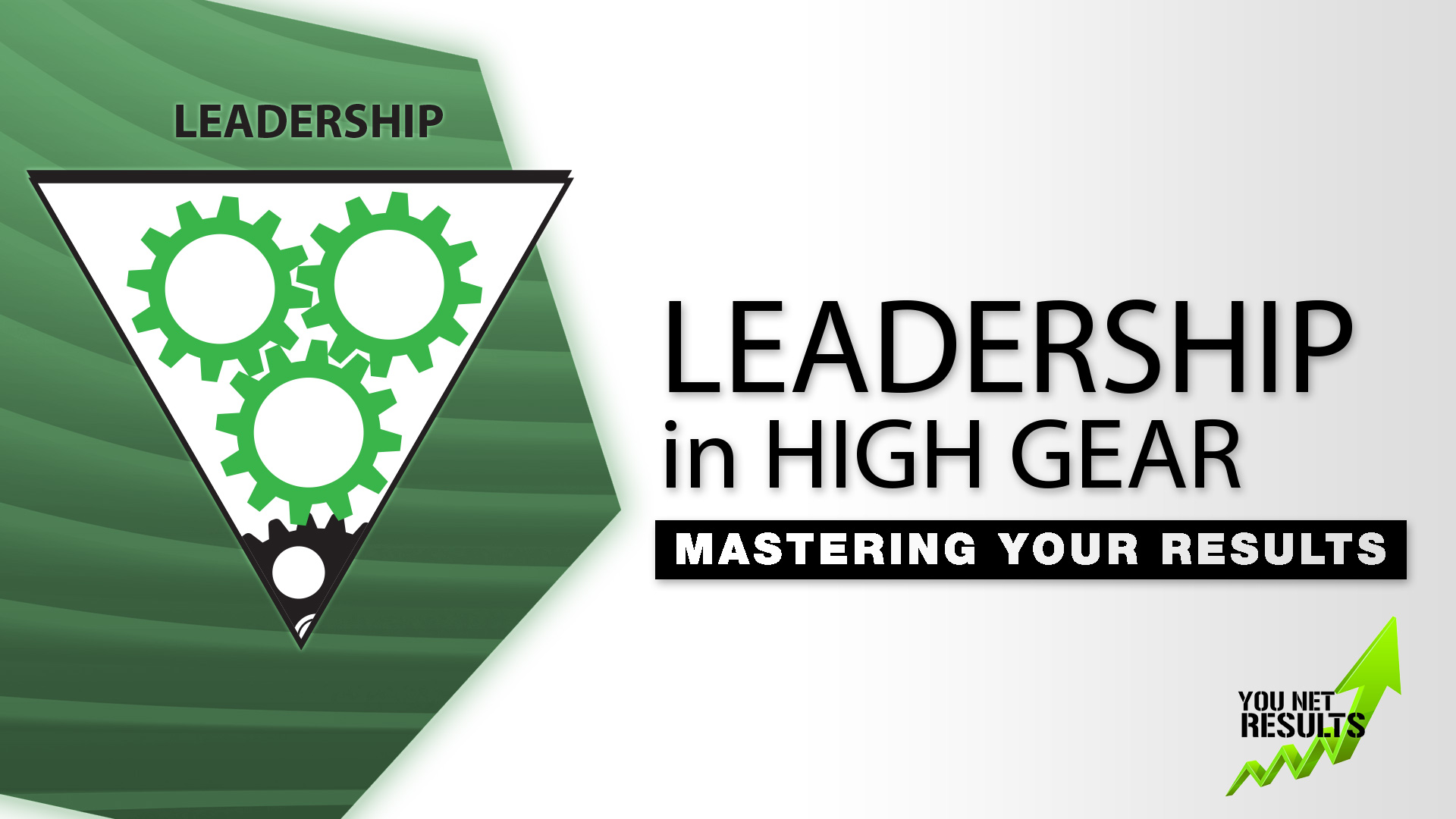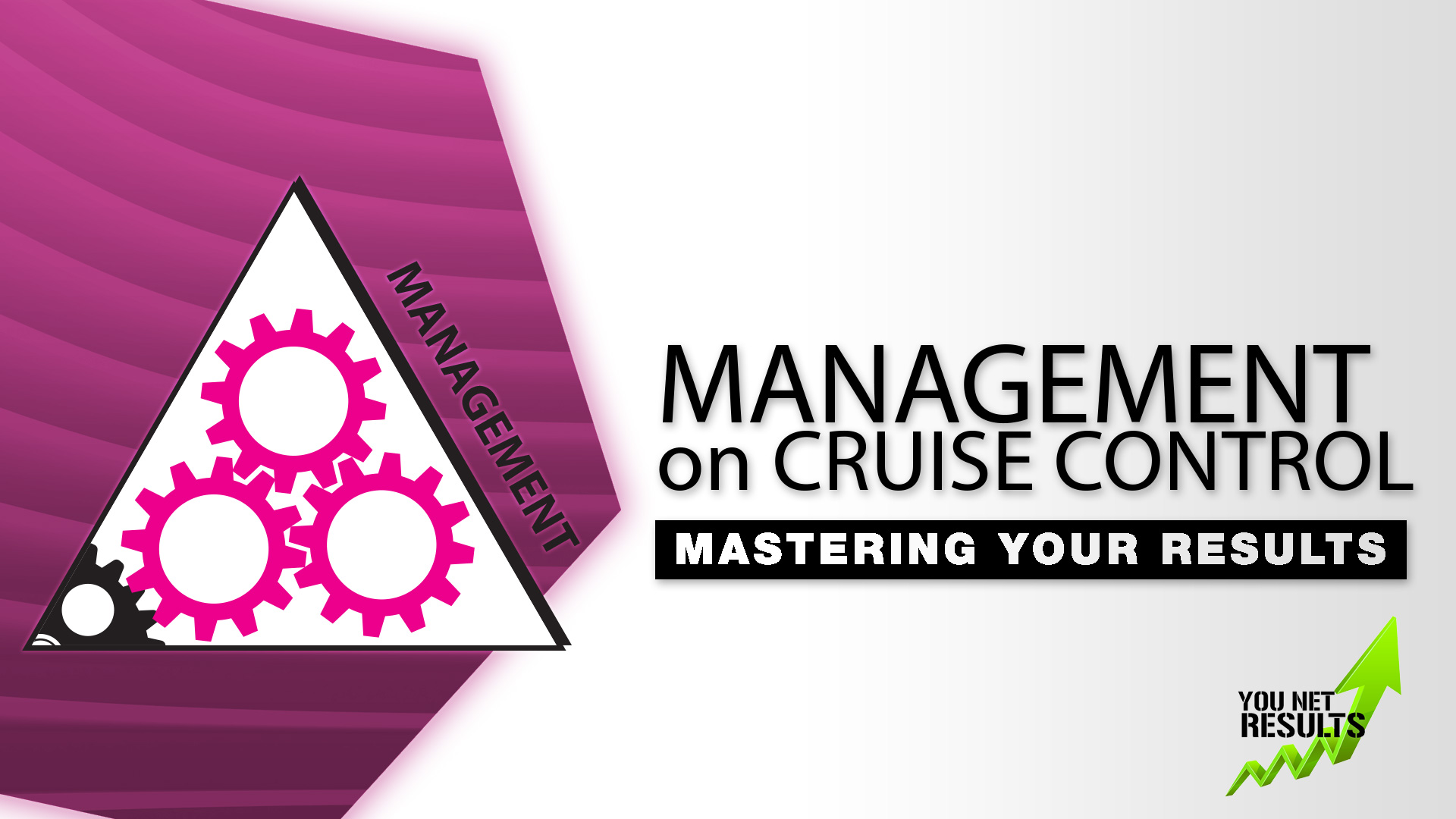



How are you set up? See what’s working, Explore optional ways to provide your team with on going training.

Today’s discussion focuses on hiring and recruiting.



Shop owners share pay plans for the front of the house as well as back of the house. How are associates being incentivized to produce?

Gary Gunn polls our YNR group on Repair Shop Staff Roles. What should we expect from our people? How do we make that clear, and what must we do to help them meet our expectations?
 Defining People – Repair Shop Staff Roles
Defining People – Repair Shop Staff RolesThis clip from our Leadership Process opens up with Gary requesting class members to define “people”. Broad? Maybe. Simple? Definitely not.
Pam believes all people are created by God for specific purposes. She also believes it is impossible to actually “manage people”. Fred adds that people are just “impossible” altogether! A good manager’s role is to identify each staff member’s strengths and weaknesses and help them fit in, if possible. Managers manage the systems, and the systems manage the people. Are you an owner or manager who hates dealing with customers? Then you don’t need to take on the repair shop staff roles of Service Writer or Service Advisor! A good manager can also recognize what their own best role is. Maybe it’s in the back helping train technicians.
Joe made the point that two people can observe the same object or concept and see completely different things. Mike points out that this is because those two people have different worldviews and agendas. Every repair shop hire may bring their own baggage in. Likewise, an astute leader can recognize said baggage.
Gary reminds us that we as auto repair shop owners and managers are all people ourselves! Like it or not, we are all in the people business. Whether you work with customers at the front counter or technicians in the back of the house, it’s up to you to recognize your systems and how to help staff run them.
Does your auto repair shop lack direction? Perhaps your business plan has stalled out, so you need an experienced automotive industry coach to help you. Then why not schedule a FREE business strategy session with Brian? You’ve got nothing to lose, so sign up today!

You’ve heard about it. You’ve wondered about it. You’ve wanted to Learn It. You’ve wanted to Use It. You’ve wanted to Teach It.
Now is your opportunity to get started.

SOP #0219 Comprehensive Shop Assessment Tool
Are you Managing People or Processes? Stop managing People – start managing Processes!